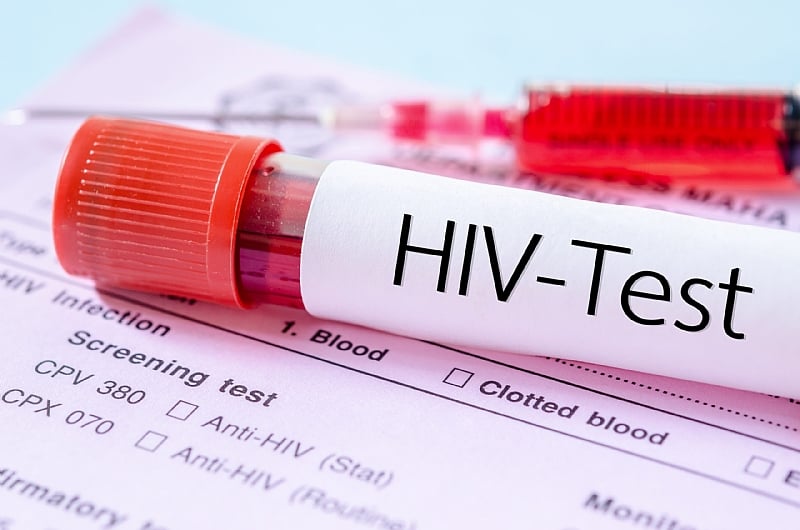The latest report from the National HIV and AIDS Control Programme of the Ghana Health Service revealed a concerning rise in new HIV infections, with over 34,000 cases identified from January to the third quarter of 2024. Dr. Stephen Ayisi Addo, the Programme Manager, highlighted the significance of widespread public testing and screening, noting that around 1.3 million people had been screened during this period. This alarming figure was presented during the launch of the 2024 World AIDS Day, organized by the Ghana AIDS Commission, which coincided with a solemn candlelight procession to honor those who have succumbed to AIDS. The annual observance of World AIDS Day on December 1 serves as a crucial reminder for countries to renew their commitment towards preventing new HIV infections and providing necessary support services for individuals living with HIV around the globe.
Dr. Ayisi expressed urgency regarding the number of HIV infections reported in the first three quarters of 2024, warning that this trend poses a serious challenge to Ghana’s objective of ending the epidemic by 2030. He emphasized the pivotal role of sexual health education and preventive measures, urging sexually active individuals to consistently utilize condoms as a safeguard against HIV and other sexually transmitted infections (STIs). He further encouraged responsible sexual behavior, including fidelity to partners and abstention from risky sexual practices, while stressing the importance for individuals living with HIV to adhere to their treatment regimens to minimize transmission risks.
Reinforcing the campaign’s objectives, Dr. Atuahene Kyeremeh, the Director General of the Ghana AIDS Commission, reiterated the commission’s dedication to working alongside various stakeholders to facilitate a shared vision of eradicating HIV by 2030. He underscored the essential role of screening and effective treatment in managing the virus and invited the public to benefit from accessible free treatment options available in the country. The ongoing collaboration among government agencies, health services, and community organizations is deemed critical in achieving these ambitious health targets, fostering an environment conducive to effective HIV management and prevention.
As part of the initiative surrounding World AIDS Day 2024, the Ghana AIDS Commission has planned a series of activities intended to draw attention to the need for ongoing commitment and action in the fight against HIV. Among these activities is a grand durbar scheduled for December 2, 2024, in Accra, which aims to bring together representatives from the Ghana Health Service, the Ministry of Health, UNAIDS, and the National Association of Persons Living with HIV (NAP+), among other key entities. This congress is expected to serve not only as a platform for collaboration but also as an opportunity for advocacy and awareness regarding the challenges and triumphs in the ongoing fight against HIV/AIDS in Ghana.
Participants at the World AIDS Day events expressed strong support for the Ghana AIDS Commission’s holistic efforts and strategies aimed at meeting the 2030 target for HIV elimination. The collective response emphasizes the necessity of mobilizing communities, ensuring access to education and resources, and fostering a supportive environment for individuals living with HIV. Through these communal efforts and public engagements, there is hope for building a robust support system that encourages testing, treatment adherence, and stigma reduction around HIV/AIDS issues.
In conclusion, the troubling increase in HIV infections in Ghana brings to light the critical need for sustained public health efforts, education, and community involvement in addressing this pressing health challenge. As Ghana prepares for the observance of World AIDS Day 2024, the emphasis remains on collective responsibility, preventive measures, and the assurance of treatment access for all affected individuals. With the 2030 goal of ending the HIV epidemic in sight, it is imperative for all stakeholders to join forces, share knowledge, and commit to fostering a healthier future free from the burdens of HIV.














